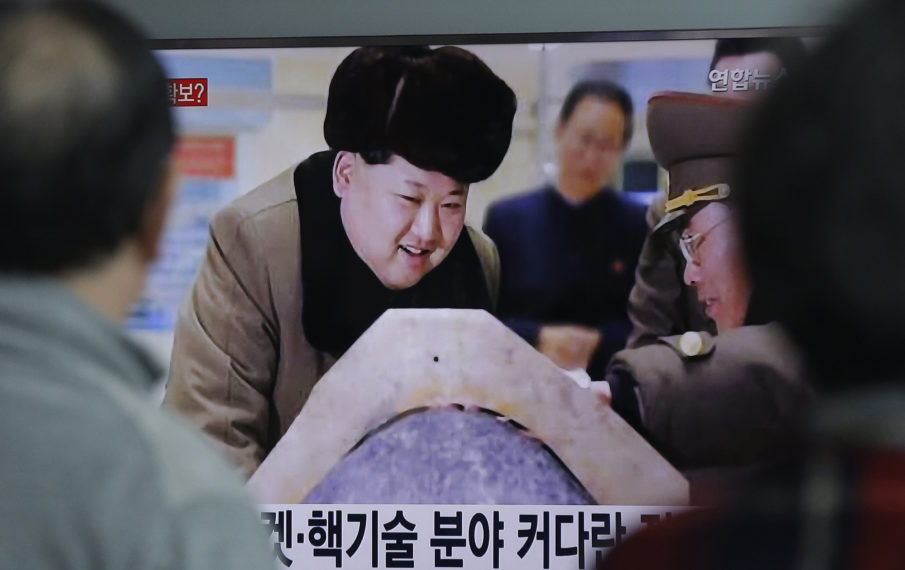New reports out of Asia are now indicating that a North Korean nuclear scientist killed himself last month after a failed attempt at defecting through neighboring China.
Local news outlets have reported the man’s name as Hyun Cheol Huh, though the North Korean government has yet to acknowledge the incident, nor have they confirmed the man’s identity. It is currently believed that he was a nuclear researcher at the physics center in the State Academy of Sciences in Pyongyang, North Korea’s capital city.
Hyun apparently kept his occupation a secret when he was found by Chinese authorities, then opted to take his own life via poisoning once it was clear that he was going to be returned to North Korea. Once back inside the reclusive state, Hyun likely faced a life sentence in North Korea’s notorious labor camps – a fate he would potentially share with any parents, siblings, spouses or children he may have, under North Korea’s three-generation punishment system.
“He killed himself only a few hours after he was placed in solitary confinement at the State Security Department in Sinuiju city,” a source told RFA, speaking on the condition of anonymity. “He died before he could be questioned about the reasons for his escape, and what his route had been.”
The nature of Hyun’s suicide does beg some questions, however. The defector was almost certainly searched at least once upon being taken into custody, and again when being returned to North Korean authorities. How he managed to keep poison stashed on his person throughout that process, or how he managed to acquire poison after being in Chinese and then North Korean custody remains unknown.
Unconfirmed reports indicate that Hyun took a sudden vacation from his role as the head of a research team, as a result of showing “signs of anxiety over his research projects.” He then visited family members near the Chinese border before simply disappearing. He was detained by Chinese police on November 4th, and then transported back to North Korean authorities on the 17th. He died soon thereafter.
There have been a number of high-profile defections from Kim Jong Un’s North Korean regime in recent months, including two soldiers who fled directly across the heavily guarded demilitarized zone dividing North and South Korea. If Hyun had successfully reached South Korea, however, he may have been able to provide important information regarding the state of North Korea’s nuclear capabilities and technological levels.
Why he chose to keep his occupation a secret until he was back in North Korean custody remains unknown, but it seems likely that he was aware of the diplomatic and geopolitical repercussions his defection may have led to. For Kim Jong Un, who has made it clear that his nuclear aspirations are of more import to him than the quality of life for his people, Hyun’s defection could have been a significant black eye.
With other high-profile assassinations and attempts credited to Kim’s North Korean regime, Hyun would almost certainly have been the target of such an effort if he had successfully made it to freedom.
Featured image courtesy of the Associated Press
Already have an account? Sign In
Two ways to continue to read this article.
Subscribe
$1.99
every 4 weeks
- Unlimited access to all articles
- Support independent journalism
- Ad-free reading experience
Subscribe Now
Recurring Monthly. Cancel Anytime.











COMMENTS